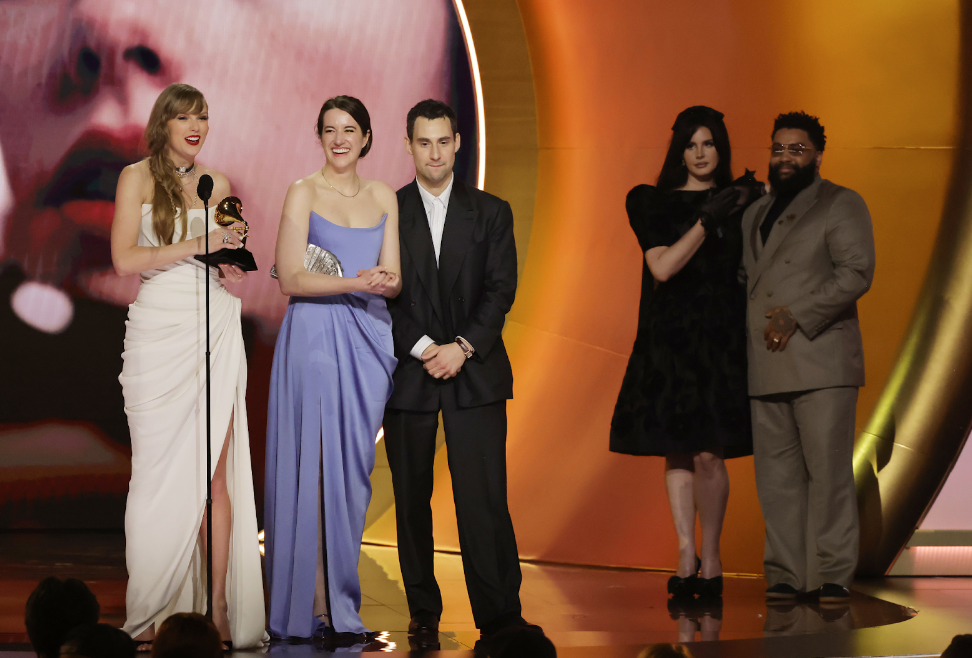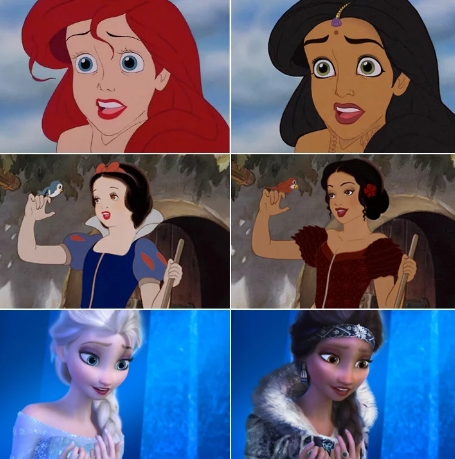By Caitlin Chen | Opinions Editor
Ah, yes, the centuries-old dilemma–if one spots a particularly interesting leaf, does one snapchat it, tweet it, or Instagram it? Nowadays, for better or worse, social media allows its users to connect to their audiences constantly; users can share whatever inconsequential events that they have experienced or whatever compelling objects they may find. However, social media is quickly taking on a much larger role as a means of communication that allows all people to become citizen journalists. Not long ago, journalism was restricted to those trained to wield voice recorders and notepads; now, the growing popularity of social media networks and the increasing ubiquity of video- and internet-enabled mobile devices has made it possible for citizens to quickly share first-hand experiences, allowing readers to access reliable, personal reports.
Social media networking sites have become catalysts for change; though years ago the common people were silent, social media has since allowed ordinary citizens to draw attention to injustices and find voices to cause real global change. For example, the Egypt Revolution of 2011, which attempted to overthrow the president, unfolded real-time on a variety of social media outlets. On Jan. 18, Egyptian activist Asmaa Mahfouz posted a video on Facebook and later Youtube that almost single-handedly triggered the revolution.
“I’m making this video to give you one simple message: we want to go down to Tahrir Square on Jan. 25,” she said. “If we still have honor and want to live in dignity on this land, we have to go down on Jan. 25. We’ll go down and demand our rights, our fundamental human rights.”
The video reached thousands of people on Facebook and Youtube, and the next week, on Jan. 25, hundreds of thousands of protestors flooded the streets, gathering in Tahrir Square in Cairo and in other Egyptian cities. According to California State University, Northridge Professor Melissa Wall, the visual medium of a personal video coupled with the ability to be shared instantly contributed to the development of a new form of citizenship and activism for Egyptians. Viewers were also more interested because they were able to share ideas and information through replies and comments.
Indeed, though newspapers may seem like more reliable sources, personal accounts reported almost instantaneously through posts can often be more reliable than those of journalists, who as second-hand investigators can cite incorrect information. For example, in 2012, ABC’s Brian Ross incorrectly suggested a link between the Tea Party and Jim Holmes, the alleged culprit in the Colorado theater shooting in Aurora, citing a Tea Party webpage belonging to another man named Jim Holmes. Though ABC News later made an apology statement, the damage was done–not only did thousands of people view the report, but the accused Jim Holmes claimed that the report ruined his reputation. Though journalists typically make an effort to fact-check, it is difficult to filter out incorrect information without the help of personal experience.
On the other hand, social media reports have the benefit of reporting from first person experiences. As with the Hudson River plane crash, the Osama Bin Laden raid, and the Boston Marathon Bombings, people who experienced the events themselves gave the most insightful and fastest accounts. Unlike with the American Airlines Flight 587 crash or the Red Lake massacre, the public didn’t have to wait to get their information from traditional outlets. Twitter, Reddit, and Facebook users reported events as they experienced them, often leading the newsgathering process. These examples of citizen journalism based on first-person experiences were far more reliable and personal than news reports. People were able to almost instantly share experiences and videos with a wide audience. Stories for newspapers and news shows, however, not only have to go through levels of approval and editing before publication, but they also are much harder to access without subscriptions and television.
News is changing with the times; now, citizen journalists are able to quickly and efficiently provide the personal information that is impossible to provide with traditional print newspapers. Social media outlets allow instant connection and participation that expands our universe and connects us with other people. As author and keynote speaker Dave Kerpen wrote, “Social media is the first communications channel that allows for such listening in large scale, and no matter what you sell or market, your customers are definitely talking.”










